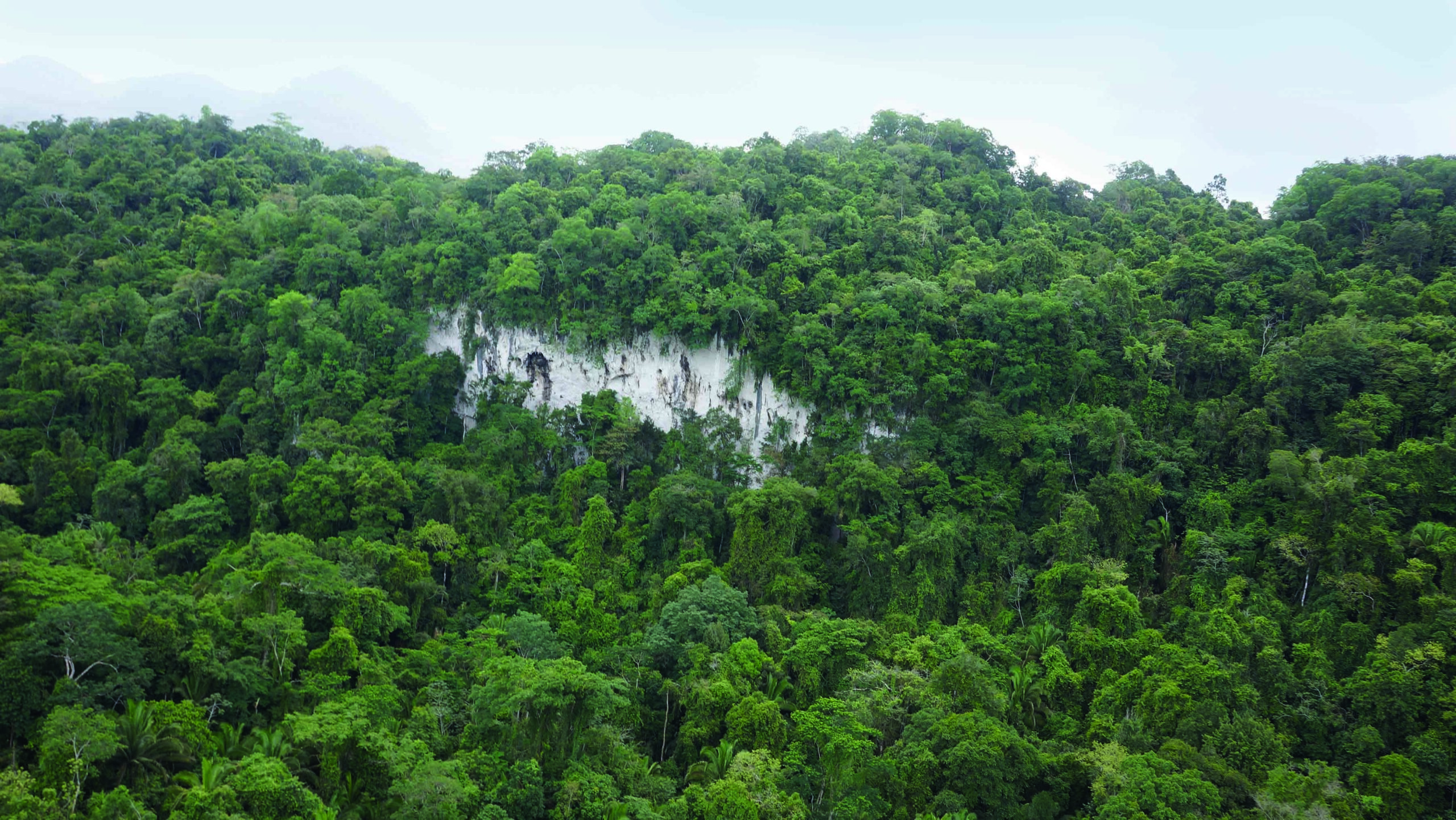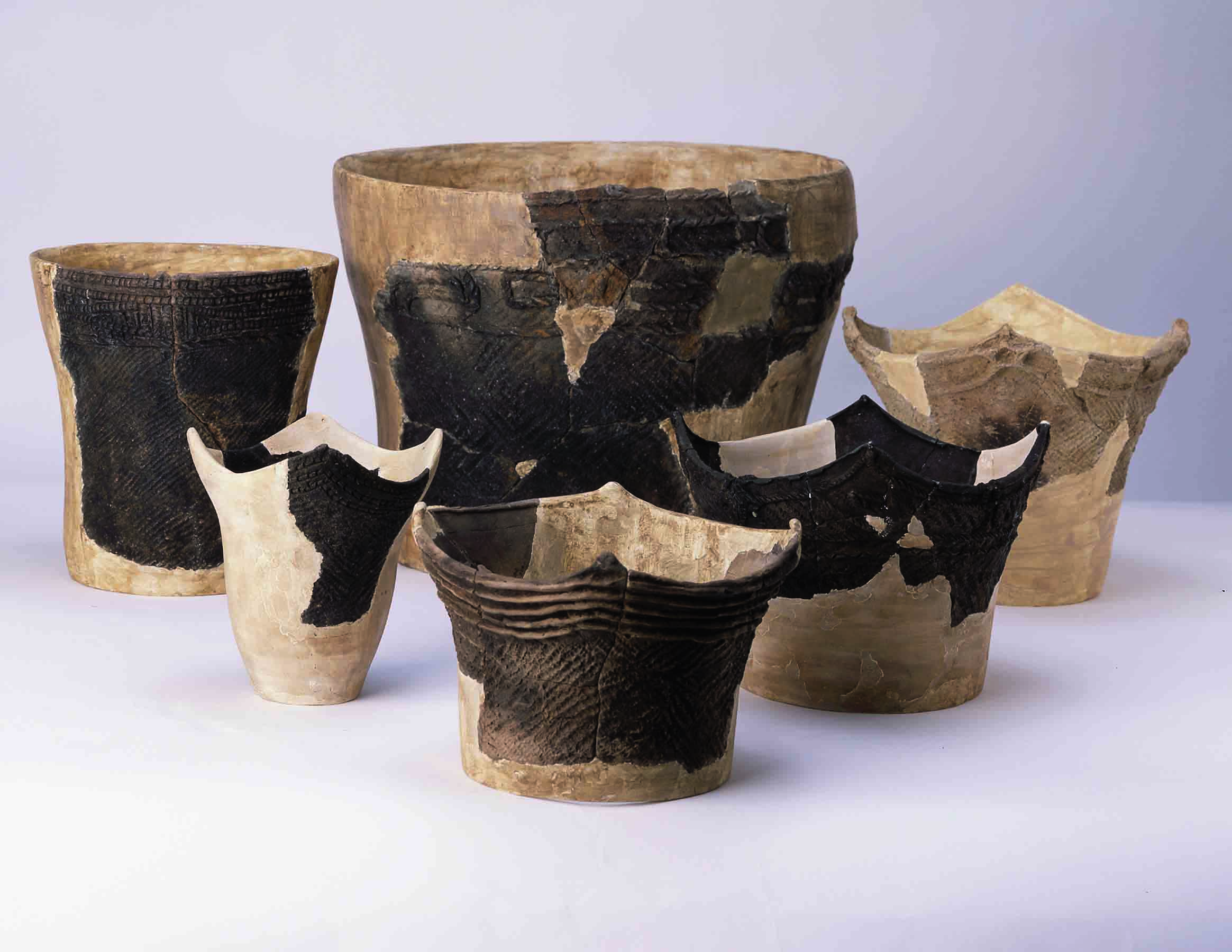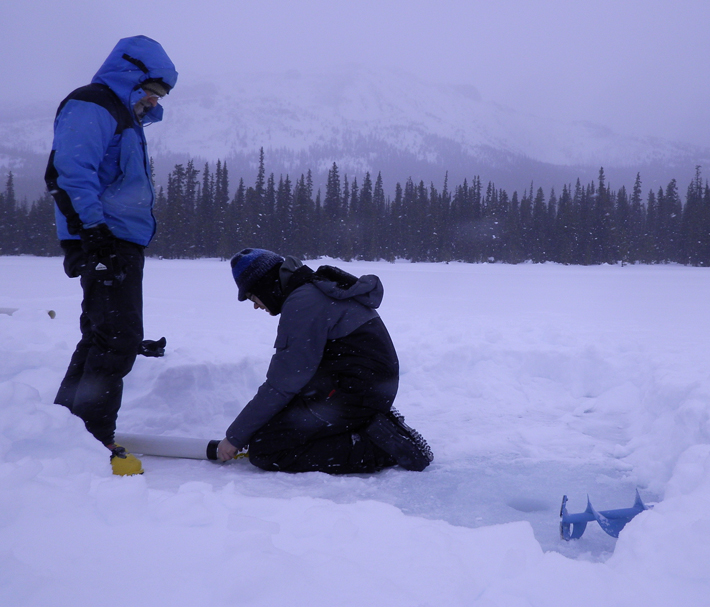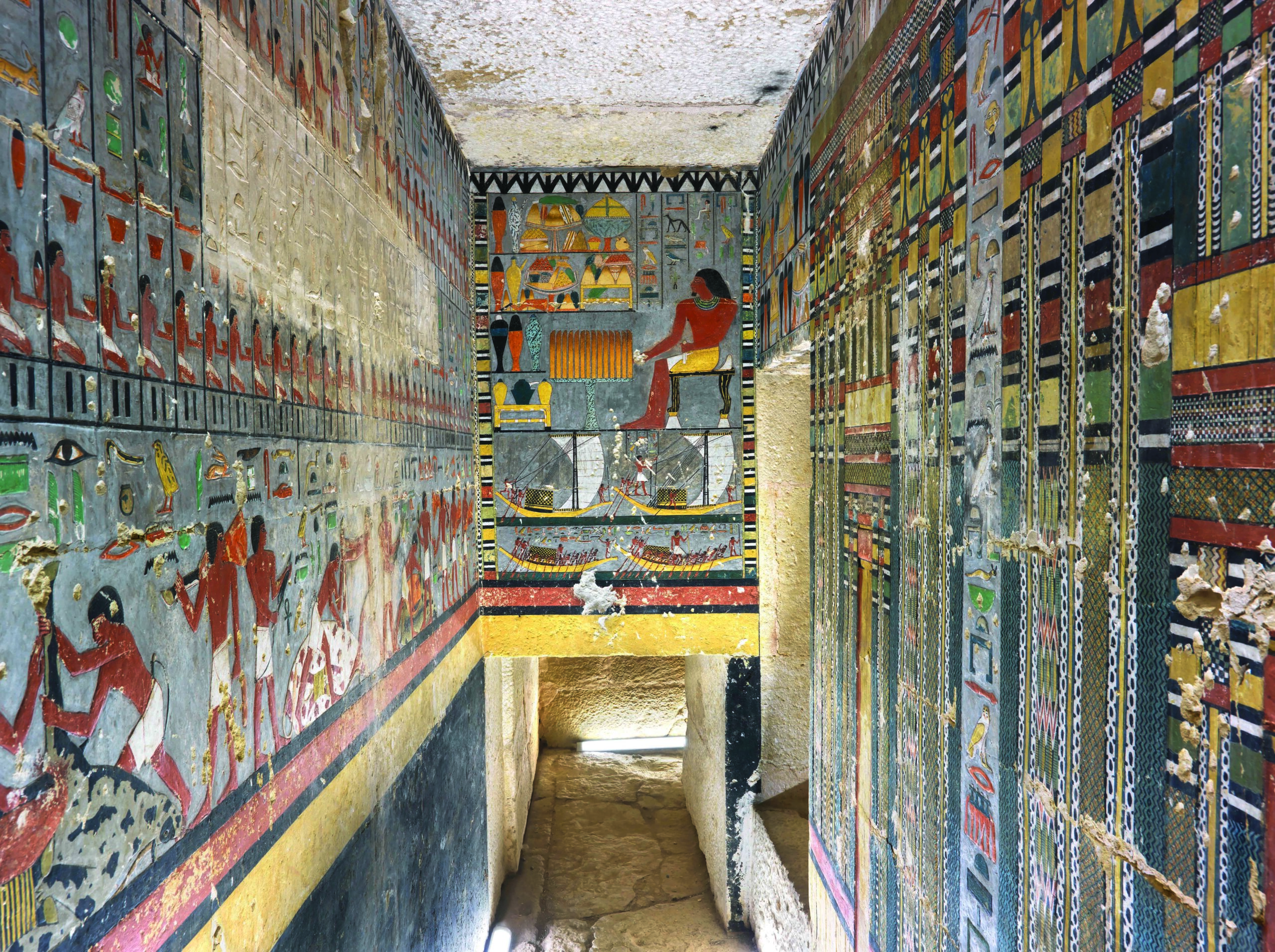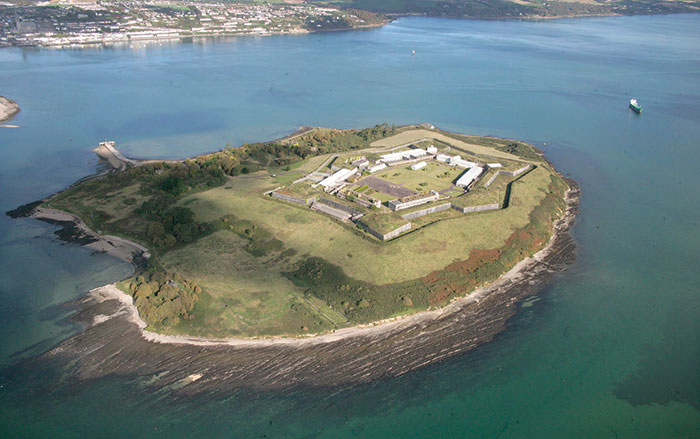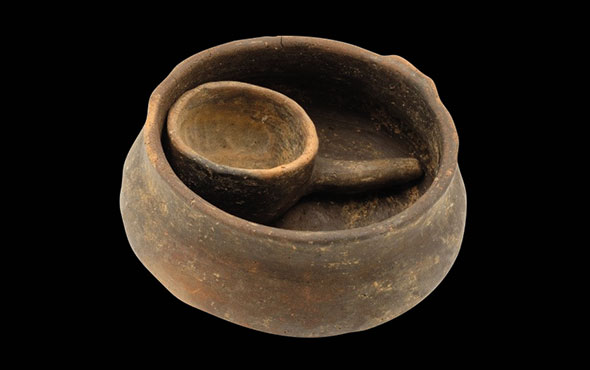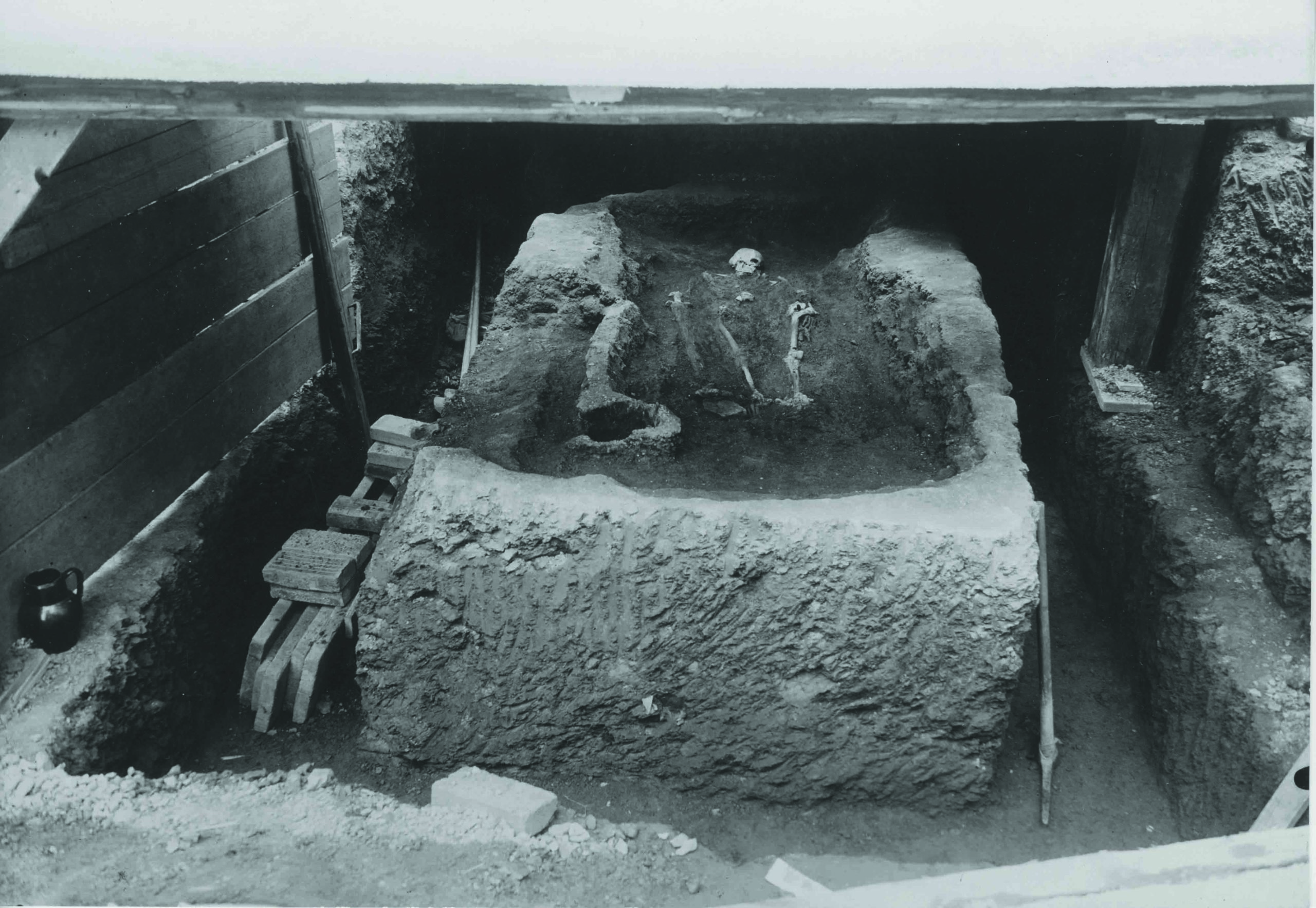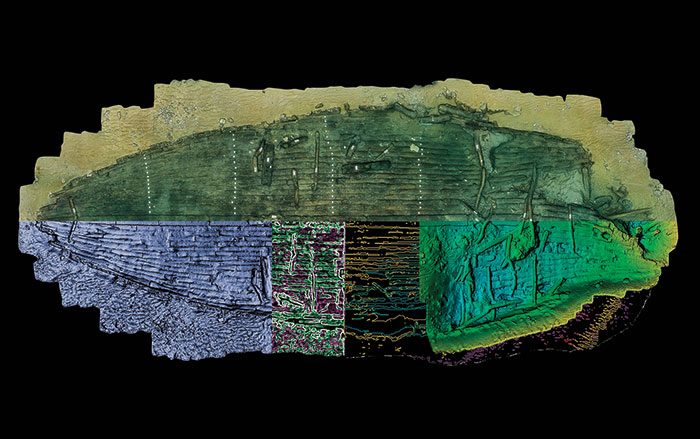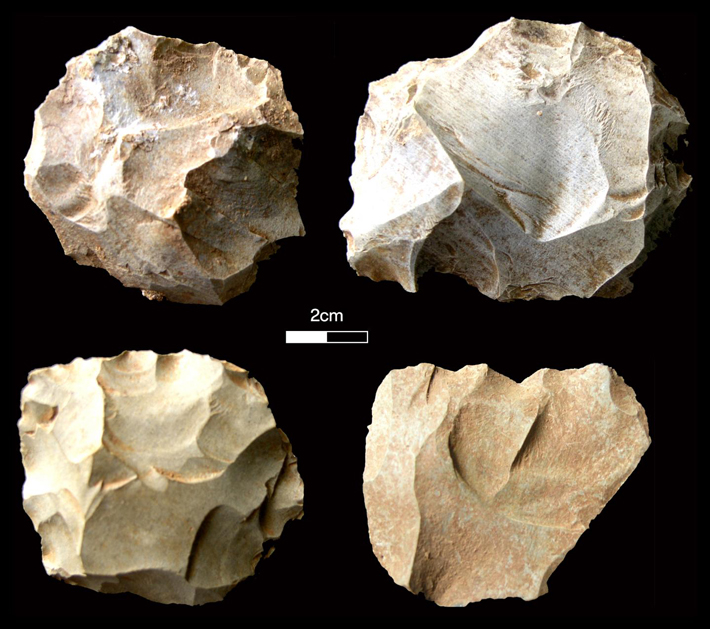
JENA, GERMANY—Cosmos Magazine reports that humans may not have been as severely impacted by the eruption of Mount Toba in Indonesia some 74,000 years ago as had been previously thought. Researchers had suggested the eruption triggered a “volcanic winter” that cooled Earth’s surface for a period of 1,000 years, resulting in the near-extinction of hominins. In this scenario, members of a small populuation of modern human survivors in Africa were thought to have migrated along the coast of the Indian Ocean and repopulated Asia some 60,000 years ago. But, according to J.N. Pal of the University of Allahabad, stone artifacts unearthed in northern India’s Middle Son River Valley indicate the region has been continuously inhabited for the past 80,000 years. The artifacts are similar to tools found in Arabia that date to between 100,000 and 47,000 years ago, and 65,000-year-old tools uncovered in Australia. The tools could therefore be linked to the dispersal of early modern humans out of Africa, added Chris Clarkson of the University of Queensland. The researchers explained that the evidence for thriving modern human populations at the time of the eruption also supports fossil and genetic evidence for the modern human migration out of Africa and intermixing with other species of hominins more than 60,000 years ago. To read about how the Toba eruption is contributing to advances in archaeological dating, go to "Pinpoint Precision."


